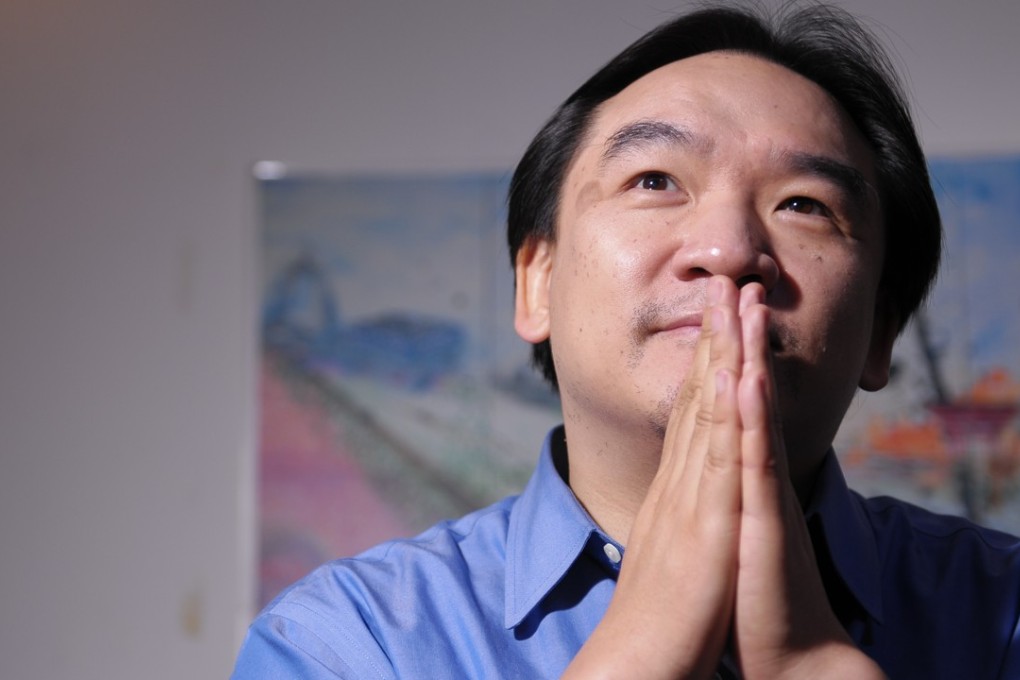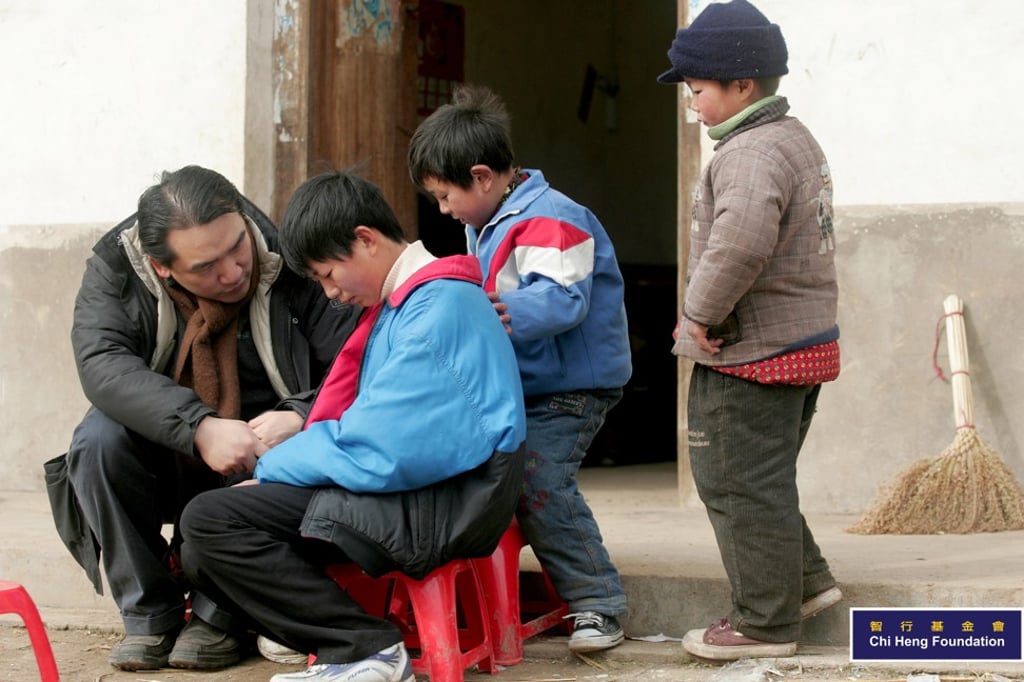‘I was lucky, they weren’t’: why a Wall Street banker quit his high-flying job to help China’s Aids orphans
Charity became a full-time career after a visit to an HIV-ravaged province in central China, where the eyes of a dying child changed everything

More than two decades ago Chung To was a young, high-flying Wall Street investment banker with a flat in New York City.
He then transferred to Hong Kong, the city of his birth, and worked in senior management at a Swiss bank.
But a trip in 2001 to a poor village in central China’s Henan province has linked To’s life trajectory to some of the country’s most desperate orphans – the ones whose parents have died from Aids.
He quit his job, set up a charity and has devoted himself to its work and the children ever since.
“My decision at that time was seen by everybody as weird,” he said.
“People said, ‘if you sympathise with them, you can donate money and go back to your job’. But the ordeal of those kids had touched my heart and I felt an urgent need to provide more help for them.”
